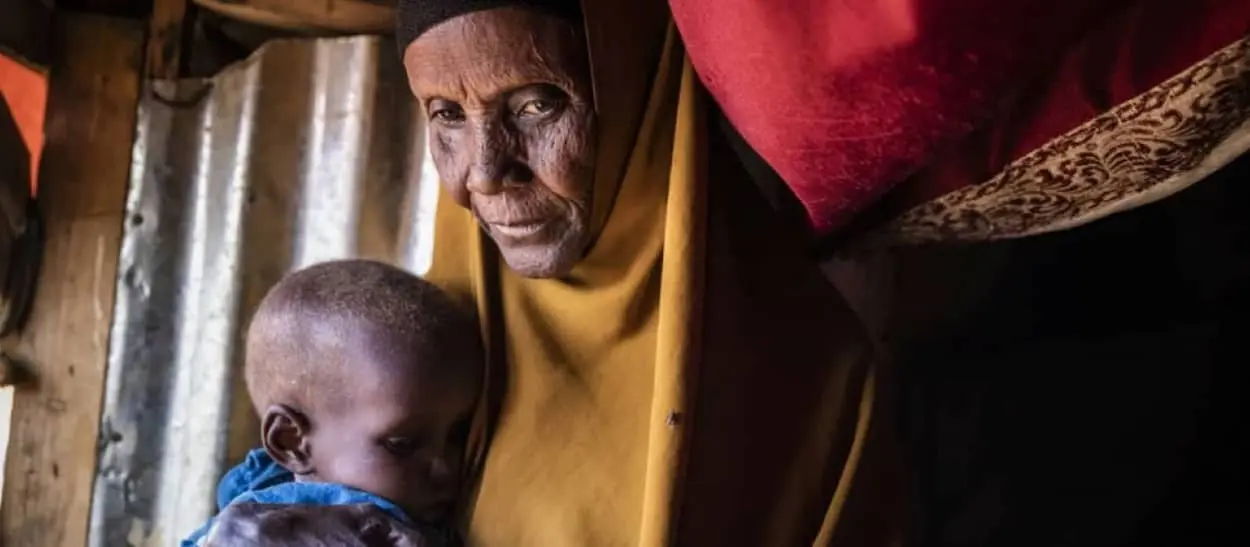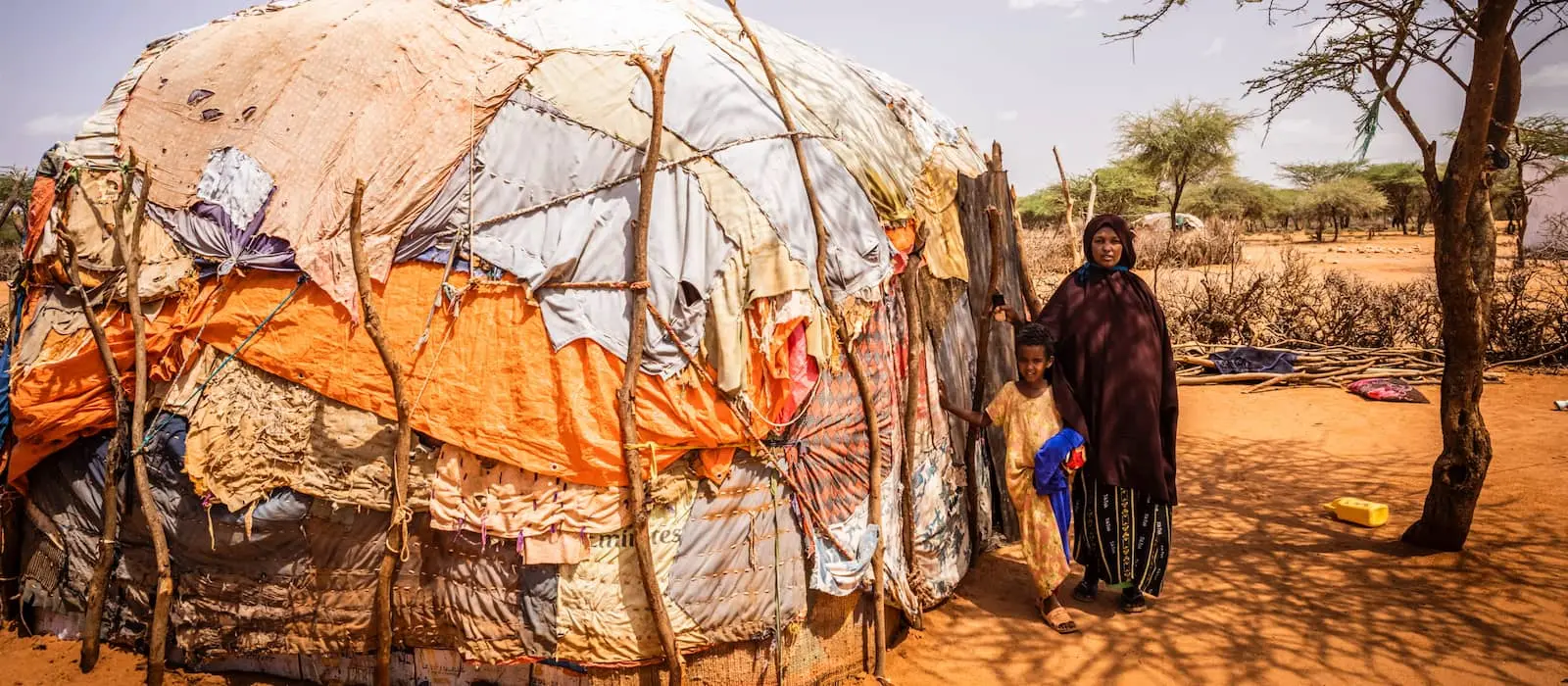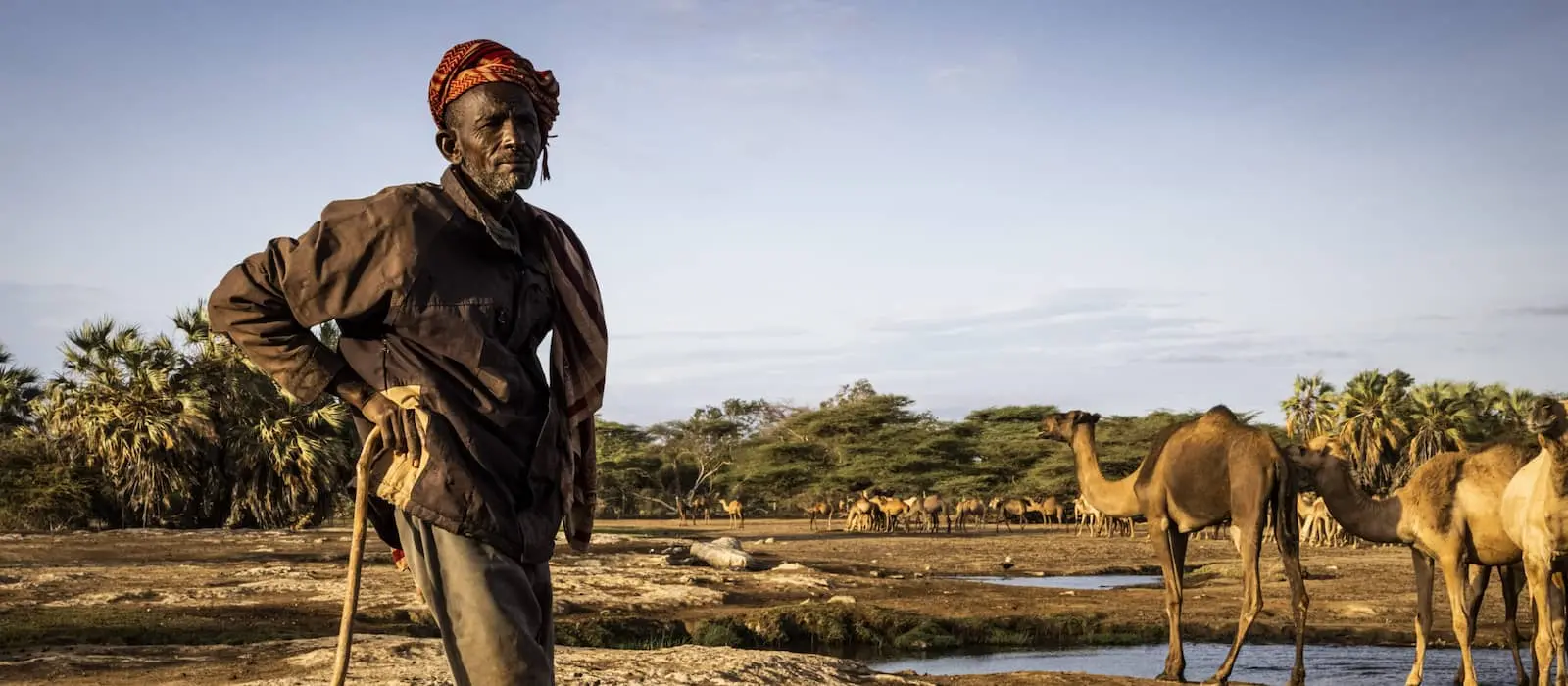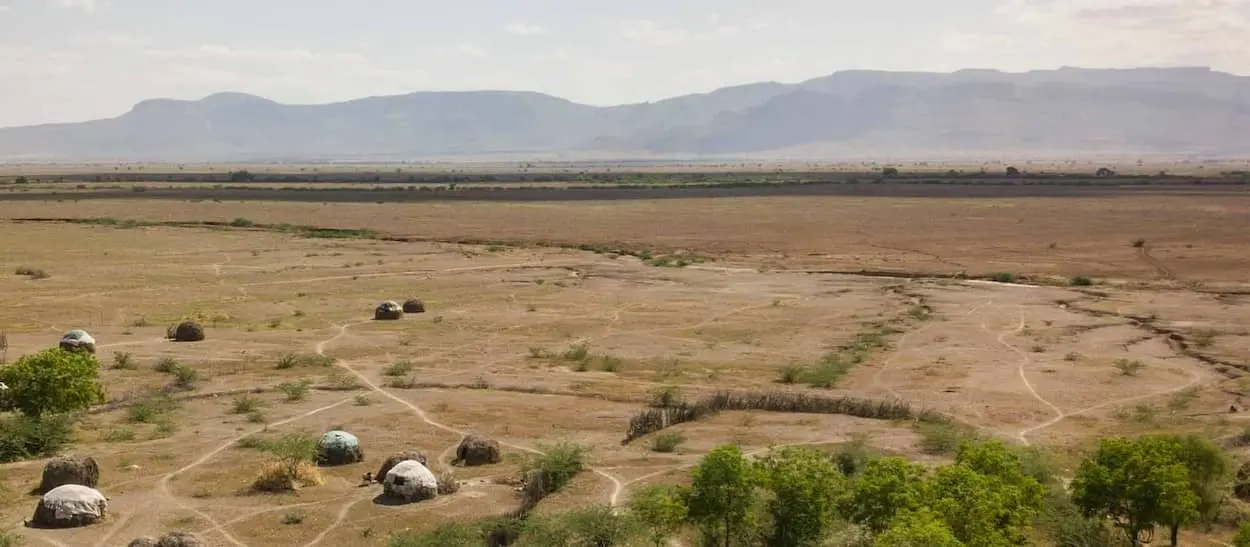
Concern Calls For Urgent International Funding to Avert Major Humanitarian Crisis in the Horn of Africa
Concern Worldwide today called for urgent international funding to assist communities in the Horn of Africa experiencing the worst drought in 40 years to avert a major humanitarian crisis in the coming months.
Over 23 million people require humanitarian support in Ethiopia, Somalia, Kenya, Sudan, and South Sudan, after four failed rainy seasons over the last two years. Alarmingly, early forecasts indicate that the primary rainy season this October-December will also fail.
An estimated five million children in the region are malnourished, with 1.6 million experiencing severe malnutrition, putting their lives at risk. “Without an urgent response and scaling up of the humanitarian support, we risk 350,000 of these children dying,” Concern’s Regional Director for the Horn of Africa, Amina Abdulla, warned today.
“Scaling up of the emergency response to the drought is more important now than it has ever been, given the numbers we are looking at and what is anticipated in a few months,” Ms. Abdulla said. “We need to scale up to prevent the situation from deteriorating further, or else we will surely not be able to cope with the numbers who will need assistance in the coming months.”
During the drought of 2011 in the region, 13 million people needed humanitarian support in a famine, which resulted in 260,000 deaths in Somalia. Currently, there are 17 million people in need of humanitarian support in Kenya, Somalia, and Ethiopia – and this figure is expected to rise to 20 million by September, she noted.
Ms. Abdulla said that an estimated 500,000 people are currently at risk of famine in the region. The number of cases of Cholera and Measles is also rising.
“The drought is taking a huge toll on livestock, with 1.2 million animals lost in Kenya over the last 18 months,” she said. “Some 30% of livestock have died during the current drought in Somalia – a country where animals provide 80% of the country’s income.”
Concern’s Country Director in Kenya Arshad Muhammad said the loss of livestock had led to displacement and dependence on humanitarian assistance of people in the country.
“The most vulnerable have been forced to reduce the amount of food they eat each day, as a fourth failed rainy season and the crisis in Ukraine has led to shortages of food and highly inflated prices. We are seeing a significant increase in the number of children under five requiring emergency treatment, but there simply aren’t enough resources to meet the need, particularly in remote areas.”
The drought is also taking a significant toll in Ethiopia. “Over eight million people rely on livestock for their livelihoods but two million animals have perished and another 22 million are at risk of dying – they are weak and producing little milk, the main source of nutrition for children,” Concern’s Ethiopia Country Director Barbara White said.
“We focus on building people’s ability to cope with emergencies, but this situation is now beyond that, and with rains expected to be below average in the coming season, it is a race against time to save people by providing basic food, water, and medical care.”
The UN estimates that it will cost $4.4 billion to provide the necessary humanitarian support in the region up until August. However, donors’ international response to appeals has fallen far short of targets.
The appeal for Somalia was just 27% funded, with the same response rate for South Sudan. Just 34% of the necessary funding was pledged for Kenya, while no fresh funding was pledged for Ethiopia.
Concern Worldwide has reached 2.5 million people with a range of assistance, including over 100,000 children, through nutrition interventions as part of its emergency response to the drought. It has scaled up its operations to reach an additional 1.5 million people since April. Its focus has been on providing cash support for families (to enable them to buy essentials such as water and food) and protecting critical services such as health and nutrition services.
Ms. Abdulla said Concern’s country teams in Kenya, Somalia, Ethiopia, Sudan, and South Sudan were planning for the rest of 2022 and 2023: “We need to protect lives and assets and help communities prepare for the next rainy season in April 2023.”
Connect With Us
If you would like to speak to a member of our team about any aspect of our work, please get in touch with us using the details below.
- Contact Candance

Candance Patel-Taylor
Vice President of Communications



